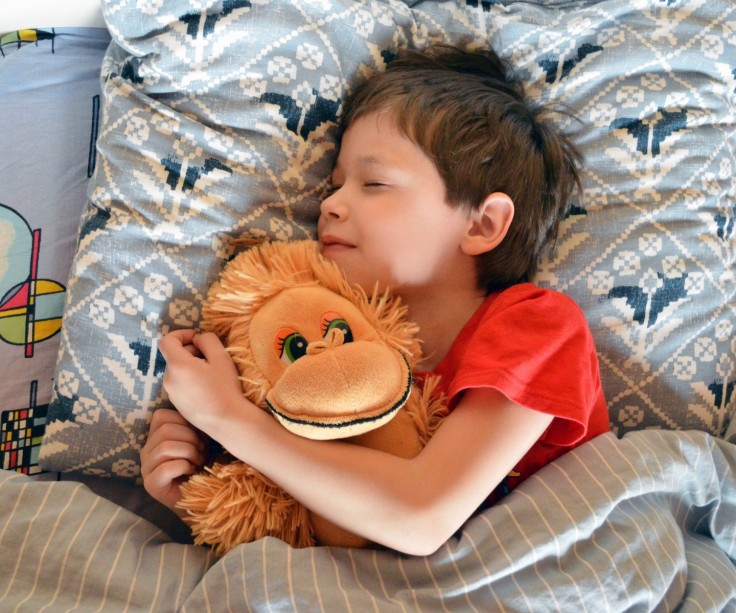
Daylight saving time is indeed no fun for anyone. Many kids do not want to get out of bed especially when it's morning, making an already sleep-deprived parent feel exhausted. Daniel Lewin, Ph.D., associate director of sleep medicine at Children's National Health System in Washington, D.C., told Parents that young ones need more sleep and do not tolerate sleep deprivation, or even adults waking them up.
Moreover, the loss of even an hour can affect a child's attention span, overall mood, and appetite. The good news, there are steps to help mitigate the impacts of daylight saving time. Katie Pitts, a certified pediatric sleep consultant and mom of two, says that spring forward is much better than fallback. Adding that it can be a jolt for little ones.
Dr. Judith Owens, who specializes in sleep medicine, suggests figuring approximately a day per time zone crossed to adjust to the new time zone or time change which only means that the biggest impact will be on Sunday night when children might have a hard time falling asleep. Adding that the human circadian clock is a little longer than 24 hours; thus, it's easier for individuals, especially kids to fall asleep later than earlier in relation to the usual bedtime.
Here are a few tips on how to prepare your child for Daylight Saving Time:
1. Controlling the lights.
Dr. Lewin recommends dimming the lights in the child's bedroom and turning off almost all electronics approximately 30 minutes to an hour before bedtime. The National Sleep Foundation says that such devices can diminish sleep time, daytime alertness, and sleep quality because of the light exposure, as brains are still engaged before bedtime.
2. Stick with the routine.
When daylight saving time starts or ends, it's worth remembering to stick with the bedtime routine as the child is also dealing with certain changes in schedule that might throw them off. For young kids, it's critical that they have an established and consistent routine during bedtime. If this doesn't work, try giving your child a warm bath or reading them a book before lights out.
3. Sustaining enough sleep.
"Sleep begets sleep," explains Dr. Lewin. Parents must ensure their child gets enough sleep as going into daylight saving time well rested will surely help the child. They won't be cranky and overtired which can make falling asleep even harder. A blackout curtain would be a big help in trying to make your child get enough sleep as the bright light filtering into the child's room can cause a problem, per Today.
4. Try to be sympathetic.
Dr. Lewin advises parents to try to be more forgiving if a child suddenly throws an extra temper tantrum and appears to be particularly frustrated or difficult in any way. The time change can cause massive changes in your child's moods, hence, both your understanding and support will help them adjust. While the main focus is trying to get your child to sleep, parents must not forget to take care of themselves especially since many adults feel sluggish after the daylight saving time switch.
5. Try not to worry.
Motherly reminds parents not to worry and be patient with the process as kids are also confused regarding the time change and so are parents. Bodies will adjust naturally but might have a harder time than others.